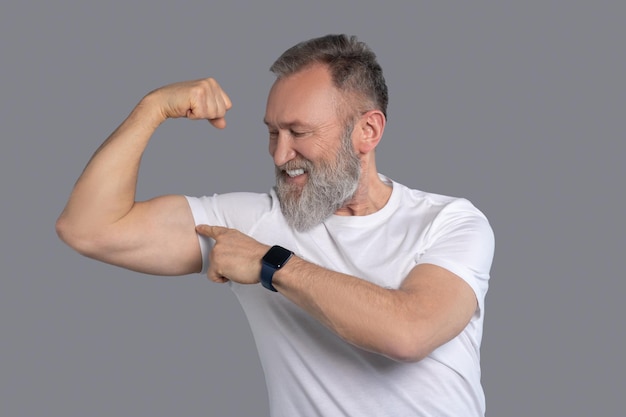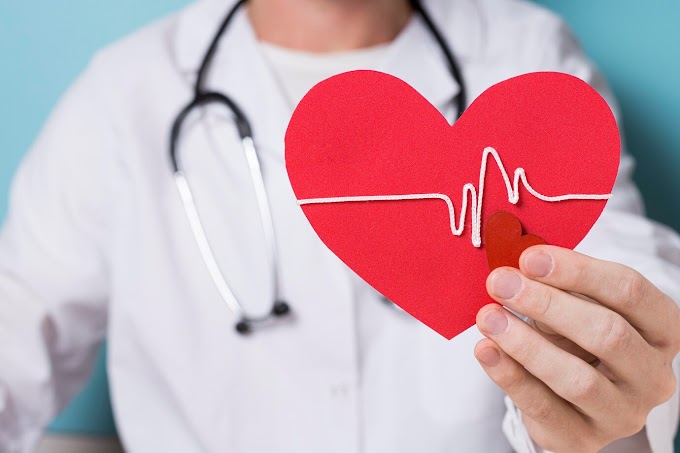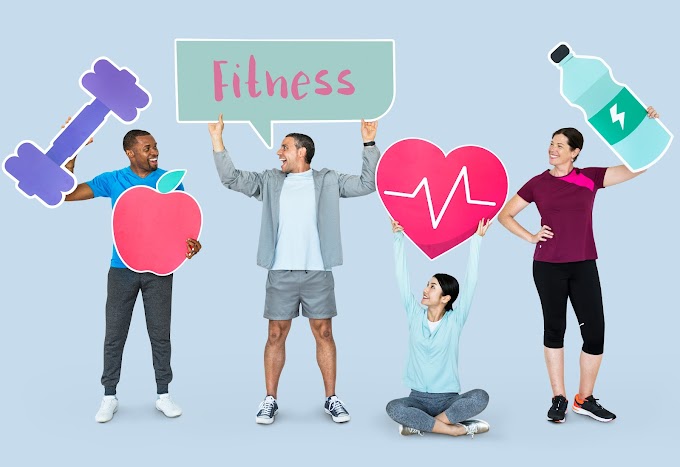all right well I might not have done 101 push-ups right now maybe he's like 30 something but i want to ask you how much do you think my lungs are moving air liters per minute per minute liters per minute if you had to guess how much do you think mine normally pumps well if I could talk right now I'd actually start this post.

Exercise TOPICS :
- Why Exercise is so Important? Evidence of the Health Benefits of Exercise
- What your Heart and Lungs Doing During Vigorous Exercise
- What can Exercise do for you over the Long Term?
- Preventing Cardiovascular Disease:
- Exercise Reduces Low-Grade, Chronic Inflammation:
- Exercise for Diabetes:
- Exercise for Cancer Patients:
- Exercise Helps Prevent Falls and Fractures:
- Exercise Eases Arthritis Pain:
- Exercise for Depression:
- Exercise Helps to Keeps Your Mind Sharp:
- Exercise and Sleep:
- Exercises that Make You Better in Bed:
- Exercise for Headache Relief:
- Opposite Effect of Exercise:
- Does Exercise Make you Live Longer?
- How Does Exercise Prolong Life?
- 5 Benefits of regular physical activity:
Why Exercise is so Important? Evidence of the Health Benefits of Exercise
What your Heart and Lungs Doing During Vigorous Exercise
normally a person's resting heart rate is around 60 to 80 beats per minute like mine is right now during exercise there are certain physiological changes that take place and unless you're taking certain medications your heart rate depending on your age and intensity of exercise can reach 130 to 150 beats per minute not only does the heart pump faster during exercise but it also pumps stronger and so during exercise your heart can pump 20 to 30 liters of blood per minute which is five to six times more it does during rest systolic blood pressure meaning the number on top in the blood pressure reading increases on average 20 millimeters mercury during the
first few minutes of exercise before it levels off the diastolic reading meaning the bottom number remains largely unchanged after you stop exercising however blood pressure drops to below pre-exercise levels for a couple hours over time regular exercise can help you maintain lower blood pressure normally when you breathe like i am right now you move about six liters of air in and out of your lungs but when you're huffing and puffing during intense exercise like i was you can move up to 100 liters of air each minute so that's what happens during exercise so what can exercise do
What can Exercise do for you over the Long Term?
for you over the long term adding as little as 30 minutes of moderately intense exercise to your day improves health and extends life but even shorter amounts of exercise can make you healthier extensive studies have shown that for people who have been previously inactive as little as an hour
of walking a week can reduce the risk for stroke and heart disease and overall cardiovascular disease other benefits include decreased anxiety better sleep lower blood pressure better blood sugar control and improved cognitive function all right so let's dive a little deeper
Preventing Cardiovascular Disease:

and talk about preventing cardiovascular disease cardiovascular disease is the leading cause of death in the u. s but it doesn't have to be this way there was a review article published in 2015 in the british journal of sports medicine that showed that regular moderate exercise can reduce the risks of dying from cardiovascular disease or stroke as effectively as many medications as effectively as many medications yeah i said it twice that's some powerful stuff right there but what about lowering blood pressure having high blood pressure doubles or triples your risk for developing heart failure and can lead to other cardiovascular disease as well this includes things like stroke aortic aneurysms kidney disease and eye disease when you're exercising blood pressure temporarily rises as the catecholamine's are flowing and your cardiovascular system works harder to pump more blood but after you exercise your baseline blood pressure drops to lower levels with regular exercise systolic blood pressure usually falls around 5-10 millimeters mercury depending on the individual exercise also prevents plaque buildup in arteries healthy arteries means clean arteries fatty plaque spilled up as articles of ladle meaning the bad cholesterol attach to portions of artery walls this causes narrowing of these vessels and impeding the blood flow when this happens in the arteries carrying blood to the heart meaning the coronary arteries it can lead
to angina a type of chest pain if that plaque ruptures it can cause a heart attack the same thing can happen in arteries that feed the brain except we call that an ischemic stroke but guess what exercise does it helps keep the inner lining of the arteries less prone to plaque formation and what's even better is that studies have repeatedly shown that moderate to vigorous aerobic activity increases the good cholesterol hdl on average it raises hdl about five percent our body hdl transports fats back to the liver preventing their accumulation in the arterial walls for every one percent increase in hdl the risk of dying from heart disease decreases by three and a half percent exercise also makes the platelets in the blood less sticky and promoting the release of enzymes that break down clots so this lowers the risk of a heart attack or stroke developing exercise promotes the formation of new coronary arteries when you exercise your tissues need more oxygen-rich blood to be pumped to them regular aerobic exercise can lead to an increase in the size and number of coronary arteries this provides new roads for oxygenated blood to reach the heart muscle if an arterial blockage does occur there's less risk of heart muscle damage because of these new roads that have been built it's like the blood flow has an alternate route to travel during a traffic jam this increased oxygen supply also offers some protection against dangerous heart rhythm abnormalities inflammation is the body's way of fighting disease and or healing an
Exercise Reduces Low-Grade, Chronic Inflammation:
Exercise for Diabetes:

of all the 30 million americans who have diabetes the vast majority have type 2 diabetes people with type 1 diabetes require insulin but not all people with type 2 diabetes require insulin some people can lessen the severity of or even rid themselves of type 2 diabetes and this is done by exercise and eating healthier type 2 diabetes just like type 1 can lead to high blood pressure blindness kidney disease all forms of heart disease strokes and sometimes limb amputation the best exercise to fight diabetes is with high-intensity interval training or hiit if you're not familiar with hit it's a type of exercise in which you periodically pick up the pace of an exercise for 30 seconds or about that before going back to your previous level of exertion for a minute or a few minutes this is the one type of exercise
to get the maximal carbohydrate storage breakdown the intense muscle contractions of high intensity interval training causes muscle cells to become very responsive to insulin and if you wanted to turbo boost that effect add some resistance training to your routine meaning strength training this is because strength training builds muscle or at the very least maintains the muscle you already have the more muscle there is the more glucose burning cells you have as opposed to fat cells which merely store energy so there is a study done in the journal of the american medical association it showed that a combination of aerobic exercise and strength training lowered blood sugar levels more than either one alone the latest research shows
Exercise for Cancer Patients:
that exercise can help protect you from certain types of cancer this includes breast cancer colorectal endometrial bladder esophageal kidney lung and stomach cancer according to the strongest
available evidence it takes at least 30 to 60 minutes daily of moderate to vigorous activity to lower the risks for colon and breast cancers how exactly it lowers the risk is still unknown your
Exercise Helps Prevent Falls and Fractures:

after age 30 bones tend to slowly become less dense as years go by and can lead to osteoporosis osteoporosis is no good because the bones are more fragile and prone to breaking bone strength in later life depends upon your peak bone mass and youth exercising at a young age increases maximum bone density making you less likely to develop osteoporosis when you're older even if you are older exercise can still help to minimize bone loss exercise imposes physical forces on bones in a good way this provides a healthy stimulation of bone regeneration at the microscopic level as long as the exercise is a weight-bearing type of exercise bones will get this type of stimulation this includes doing things like walking running dancing stair climbing lifting weights activities like cycling or swimming really won't have this effect though generally higher impact activities like running are better than walking
the best exercises for strengthening bone are resistance exercises like strength training another thing to keep in mind is that only the bones that bear the load of the exercise will get this benefit for example running strengthens bones in the hips and the legs but not the arms this is why a well-rounded strength training plan can benefit all of your bones but you know what else causes bones to break trauma like when someone has a fall exercise can improve overall strength coordination and balance and this means that you'll be less likely to fall and break a bone of course physical performance declines as you get older but regular exercise can slow that decline by staying active older adults can keep their cardiovascular fitness metabolism and muscle function in line with those of sedentary people who are much younger there's a lot of evidence that shows that people with higher levels of activity in midlife have a greater likelihood of maintaining better mobility in old age and they suffer less disability when joints
Exercise Eases Arthritis Pain:
aren't used the cartilage thins and softens making the joints more vulnerable to damage moderate exercise whether aerobic or resistance can help to relieve pain and swelling in joints by helping to control weight exercise also reduces your chances of developing arthritis in the first place strengthening the muscles helps support joints and lessens stress upon
them strength training followed by stretching also enhances flexibility in many joints despite all its benefits regular exercise can sometimes aggravate arthritis so it's a matter of knowing your body and knowing what exercises you should and shouldn't do and or how much you should do so talk to your doctor of course maintaining a healthy level of activity can improve your mental
Exercise for Depression:
emotional and physical functioning as well as boost your productivity and intimate relationships it's well known that exercise especially aerobic exercise prompts the release of mood lifting hormones which relieve stress and promote a sense of well-being in addition the repetitive cycle of muscle contraction and release that takes place in yoga or in aerobic pursuits such as walking and swimming increases levels of the brain chemical serotonin which combats negative feelings a number of antidepressants work by helping to raise serotonin can doing some push-ups treat serious emotional difficulties unlikely but a regular exercise program can help an australian study
looked at the exercise habits and moods of more than 30 000 people over the course of 11 years they learned that people who had a sedentary lifestyle were almost 50 percent more likely to experience depression and all it took to reduce the risk was one hour of physical activity a week so does that mean that doing more exercise will further lessen depression well another study showed that if they exercised 90 minutes per week it gave similar effects as giving an antidepressant to someone who has major depression and when exercise was combined with an antidepressant it helped people with difficult to treat cases of major depression multiple studies
Exercise Helps to Keeps Your Mind Sharp:
have shown that exercise stimulates growth of new neurons and connections within the brain and helps prevent brain atrophy as you age part of the reason for this is because of the increased blood flow during exercise which brings more oxygen and nutrients to the brain the other part of it is that the brain boosts its production of a substance called brain derived neurotrophic factor exercise also enhances memory and cognitive fitness preserving brain function in old age it's been well demonstrated that people who regularly engage in aerobic exercise
have improved cognitive function the macarthur foundation study of successful aging looked at older adults whose mental functions remain strong as it turns out those people were active on a near daily basis but what about for people who already have some type of cognitive impairment like alzheimer's dementia or other types of dementia it appears that aerobic and resistance exercise slows the progression of alzheimer's disease and may even help prevent it deep sleep allows for your
Exercise and Sleep:
mind and body to renew and repair itself it's the kind of sleep that helps you feel most rested and alert during deep sleep hormones released when you sleep affect how your body repairs cells and tissues how it fights infection how it uses energy and how it stores memories not getting enough of this high quality sleep can make you irritable and decreased mental and physical performance it can lead to accidents it can worsen other health problems like hypertension obesity diabetes
exercise is one of the few known ways for healthy adults to increase the amount of deep sleep they get for example studies have shown that aerobic exercise helps you to fall asleep faster helps you with less awakening during the night and to spend more of that night in deep sleep with that said it's best to avoid strenuous activity within two hours of bedtime because it's stimulating you and it may keep you awake libido and bedroom performance also benefit from the exercise you do
Exercises that Make You Better in Bed:
outside the bedroom exercise helps women too in a study from the university of texas at austin strength training is a natural way of increasing testosterone levels which helps with libido hello also there is a long-term study at harvard which showed that men who exercised
Exercise for Headache Relief:
research consistently shows that aerobic exercise can activate multiple pain modulatory mechanisms including the pain pathways that lead to migraine headache exercise activates endogenous neurotransmitter signals that could be effective in reducing the intensity of migraine pain and may decrease the frequency of migraine attacks what is the opposite of exercise well the medical
Opposite Effect of Exercise:

Term is called sitting on your ass for too long prolonged sitting harms us in many ways it basically has the opposite effects of exercise it can increase your risk of serious disorders like heart disease type 2 diabetes and certain forms of cancer on the other hand you can lower your risks of all of these by simply standing and moving more even if you already exercise this is because routine movement during the day adds on to the benefits this is based on huge long-term study of over 100 000 middle-aged adults men who sat the most had a 17 increased risk of dying from any cause but it was even worse for women because they had an increased risk of 34
when exercise was accounted for the numbers were even worse which is to be expected there was another study done just last year with similar results so why does prolonged sitting have such harmful health consequences one theory is that when you're not contracting your largest muscles that means muscles utilize less sugar from the blood and that in theory would raise the risk of type 2 diabetes also the enzymes that break down triglycerides become less active causing the good cholesterol meaning hdl to be lowered and this increased the risk of heart disease
Does Exercise Make you Live Longer?
being physically active can not only improve your health but it can also extend your life there are multiple studies done in the journal of aging research which showed that active adults stood to gain two to five more years of life depending on how intense their exercise regimen was and how often they exercised in a large study that was done in the journal lancet it showed that it
took just 15 minutes a day of moderate intensity exercise to increase a lifespan by three years and what's even better is that most of those people ended up being disability free in those final years of their life so how does exercise prolong life the exact mechanism is not known it's
How Does Exercise Prolong Life?
likely a combination of factors the body is made up of trillions of cells each cell has chromosomes which are storage forms of dna telomeres are tiny tips at the ends of chromosomes that serve as markers of a cell's age some observational studies have found that exercise may slow the erosion of telomeres for example in the journal of preventative medicine there was a study that
looked at 5 000 adults the results showed that the adults with the highest level of physical activity about 30 to 40 minutes of jogging five times a week have a cellular age based on these telomeres that's nine years younger than that of sedentary adults and more research is being done on this as we speak so that's the latest uh on the benefits of exercise hope you enjoyed this Post
5 Benefits of regular physical activity:

from exercise regardless of age sex or physical ability need more convincing to get moving check out these seven ways exercise can lead to a happier healthier

.jpg)
.jpg)
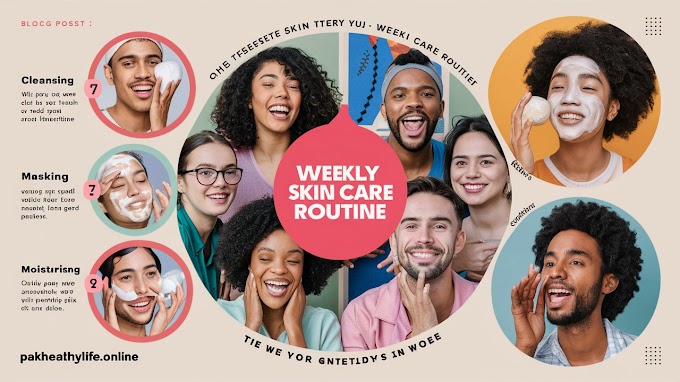
.jpg)
.jpg)
.jpg)

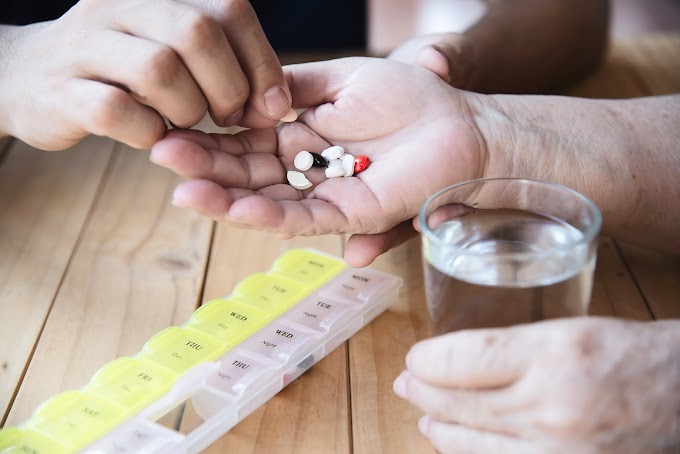
.jpg)

